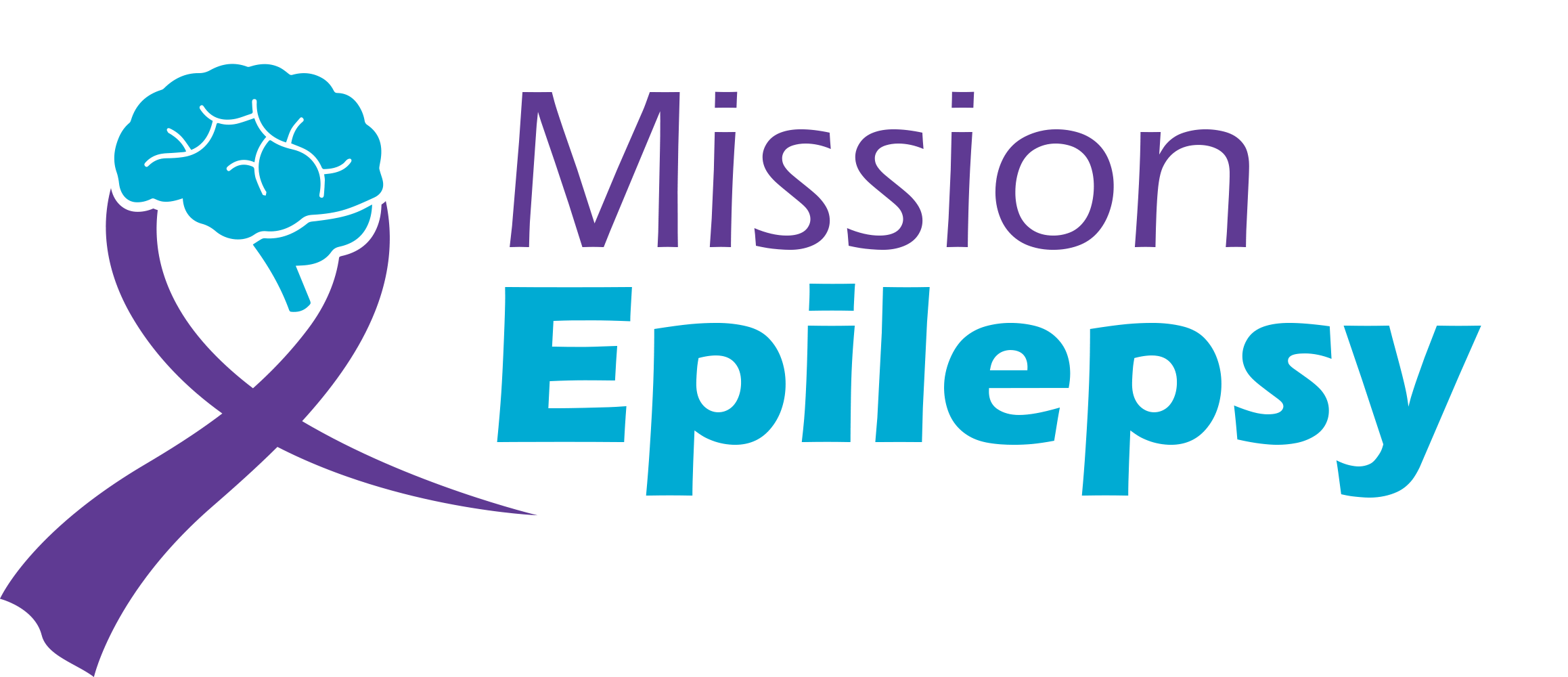Medical marijuana, also known as cannabis, has been used for centuries to treat a variety of medical conditions, including epilepsy. Epilepsy is a neurological disorder that causes seizures, which are sudden bursts of electrical activity in the brain. Seizures can be caused by a variety of factors, including genetics, brain injury, or infection, and they can range in severity from mild to severe.
There is growing evidence that medical marijuana can be an effective treatment for epilepsy, particularly for individuals who have not responded well to traditional medications. Medical marijuana contains compounds called cannabinoids, which are believed to have a range of medicinal properties. One of the main cannabinoids, cannabidiol (CBD), has been shown to have anti-seizure effects, and it may be able to help reduce the frequency and severity of seizures in some people with epilepsy.
In addition to its potential as an anti-seizure medication, medical marijuana may also have other benefits for people with epilepsy. For example, it may be able to help alleviate some of the side effects of traditional medications, such as drowsiness, dizziness, and nausea. It may also be able to improve quality of life by reducing anxiety, depression, and other mental health conditions that are common in people with epilepsy.
While the use of medical marijuana for epilepsy is promising, it is important to note that more research is needed to fully understand its potential benefits and risks. In some states, medical marijuana is legal for the treatment of epilepsy, but it is still classified as a Schedule I controlled substance by the U.S. Drug Enforcement Administration (DEA), which means that it is considered to have a high potential for abuse and no currently accepted medical use. As a result, access to medical marijuana can vary depending on where you live and what conditions you have.
If you are considering medical marijuana as a treatment option for your epilepsy, it is important to speak with your healthcare provider and to carefully weigh the potential benefits and risks. Your healthcare provider can help you determine if medical marijuana is a safe and appropriate treatment for your specific needs, and they can help you find a reputable source of the medication. It is also important to keep in mind that medical marijuana should only be used as part of a comprehensive treatment plan, and it should not be used as a replacement for traditional medications or therapies.

